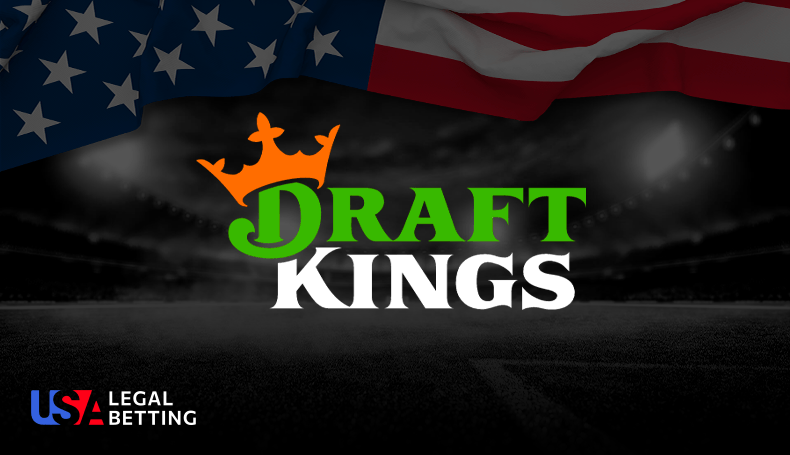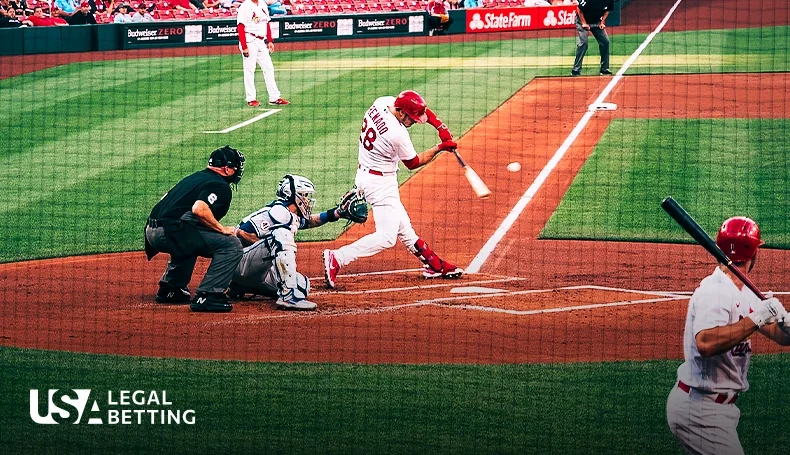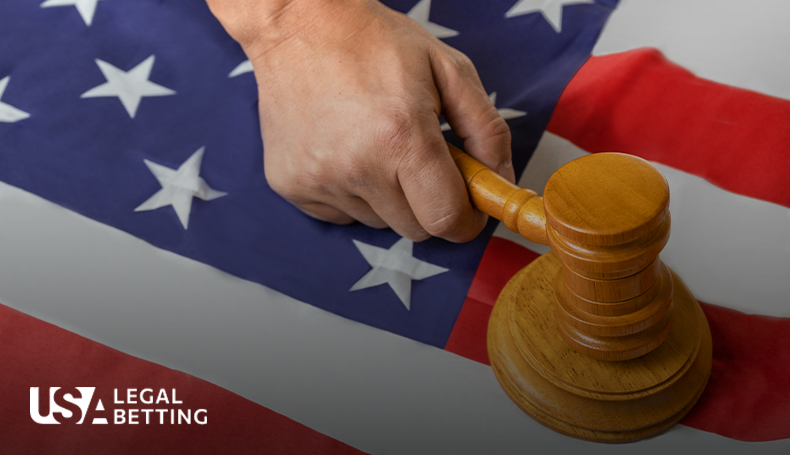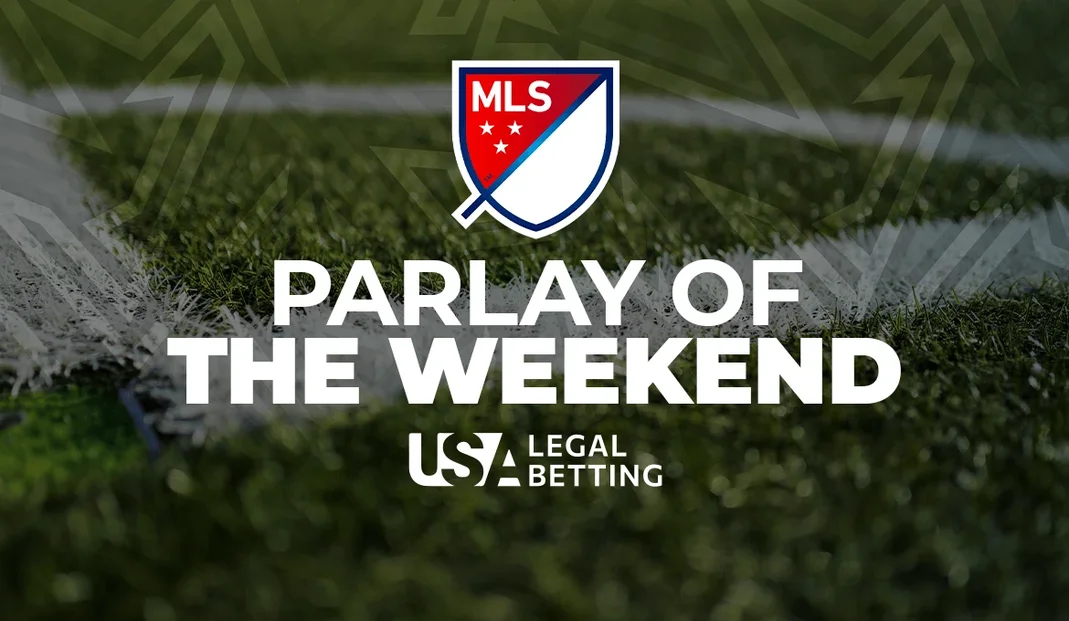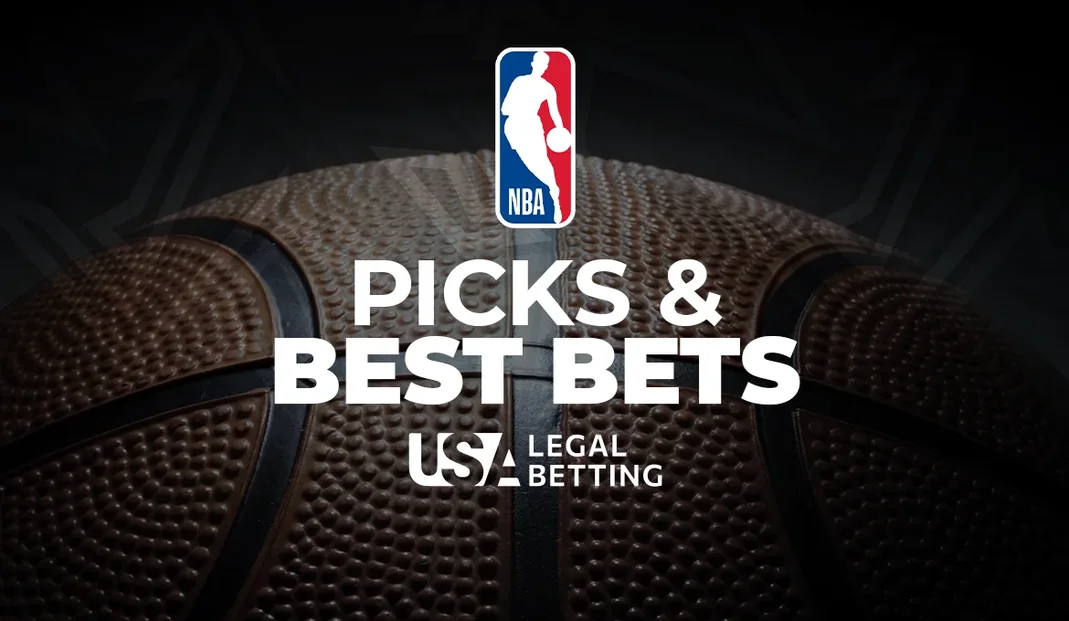Sports betting has resulted in more than $220 billion in wagers since the industry was legalized nationwide in 2018.
38 of 50 states have legalized sports betting locally, and the market is expected to generate $8.5 billion in gross gaming revenue nationwide by the end of the year, per gaming research company Eilers & Krejcik Gaming.
Pro-gambling lawmakers argue that the economic boost from sports betting allows them to address and improve areas such as education, healthcare, and public infrastructure. Many states also mandate a portion of proceeds from sports betting go to programs used to identify and address problem gambling behaviors to counteract negative attitudes developed during sports betting.
However, many critics, research and advocacy groups, and therapists have argued that those measures are not enough to counteract the addictive personality traits and financial losses incurred by many gamblers, specifically young adult men.
Daynard feels that sports betting companies and lobbyists have largely controlled the conversation around gambling up to this point.
“There’s been a monologue from the industry,” Daynard said to the Financial Times. “We want to change that, we want to make it a dialogue.”
Daynard said that before his campaign against the tobacco industry, there was a perception that the industry was too rich and powerful to lose a suit. By the end of that saga in the 1980s, four tobacco companies paid $206 billion to 46 states for covering up the link between smoking and lung cancer.
DraftKings recently revealed a new line of products, including “Pick6,” a new fantasy-style competition where users compete against the player-base, and “Progressive Parlays,” which introduce a new pay-scale for parlays.
DraftKings is hoping the case will be dismissed.



